Preparing for insects in the wilderness
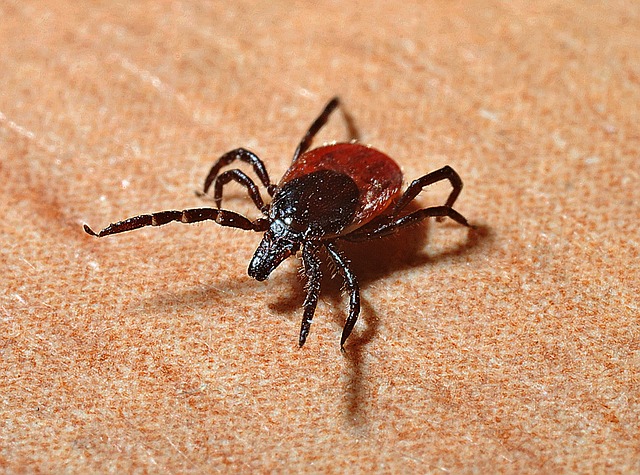
Few things are more exhilarating than hiking, camping, and canoeing in the wilderness. That’s why we at Outdoor Revival do what we do, we love the outdoors.
Unfortunately, insects can take away much of the pleasure we get from a trip. With some careful planning though, it’s possible to minimize the annoying bug factor and really enjoy your adventure.
Firstly, plan your trip for a time when there aren’t many creepy crawlies about. Be aware that different insects will be active at different times of the year.
At the beginning of the canoeing season, black flies will appear first. Mosquitoes attack next, followed by ticks, horseflies, and deerflies. Heck, it’s something from a nightmare!
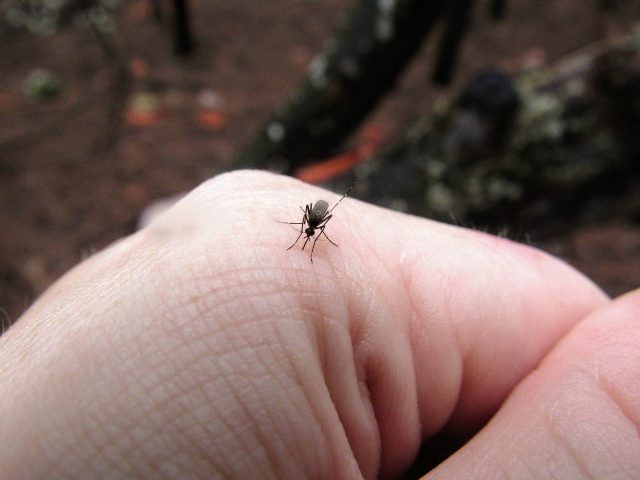
Also be aware that the prevalence of these critters will depend on environmental factors such as rainfall, temperature and past seasons.
So you might want to do some research on the topic. Some enthusiasts only canoe at the beginning of Spring or in the Autumn, though you really don’t have to be so severe on yourself – the water and air will be really cold at this time of year.
Others prefer to go out at the end of Summer when the mosquitoes are past their worst.
Give some thought as to what you’ll wear. Loose, densely woven, quick-dry clothing is the best. Cover your legs and arms, even in warm weather.
Wear material that mosquitoes can’t bite through. You might also consider a head-net or bug-shirt.
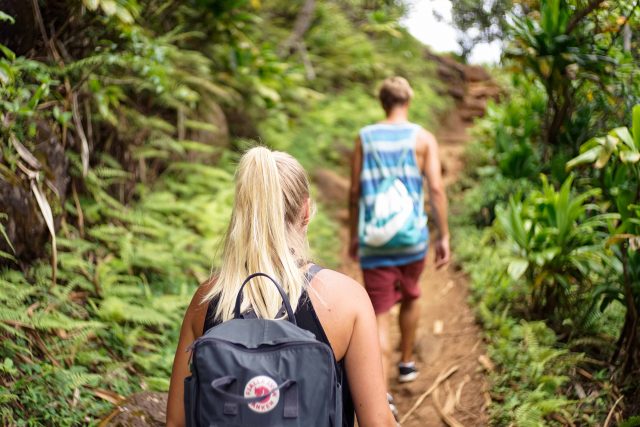
Prepare appropriate shelters. Tents are great for keeping biting insects out and away from you, when it’s hot you can just use a tent inner and no fly sheet, this will let the air flow while still protecting you.
If you’re using a tarp, which is what I generally use, it’s location has to be well thought out so that you’re exposing yourself to the least amount of insects. Tarps can be nice and roomy and let the air flow well.
It’s always best to camp away from stagnant water, avoid boggy, marshy land and choose dry terrain with plenty of pine trees. Bushes and grasses might have ticks, so be aware of that as well.
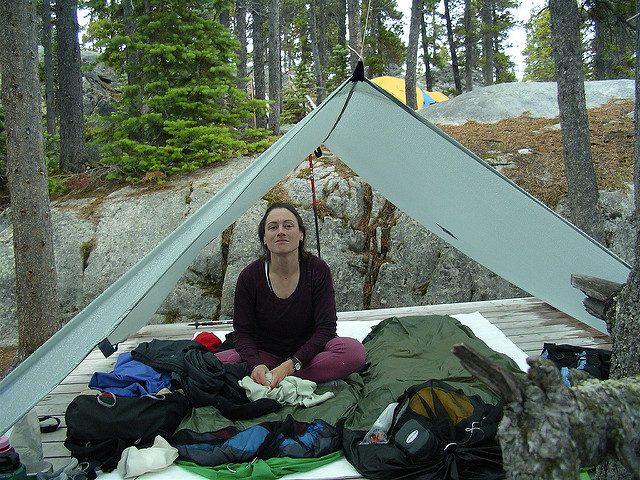
Another tip is to avoid necessary campsite activity, like cooking and gathering firewood, until after dusk or do it early in the morning. You will avoid the worst of the mosquitoes this way.
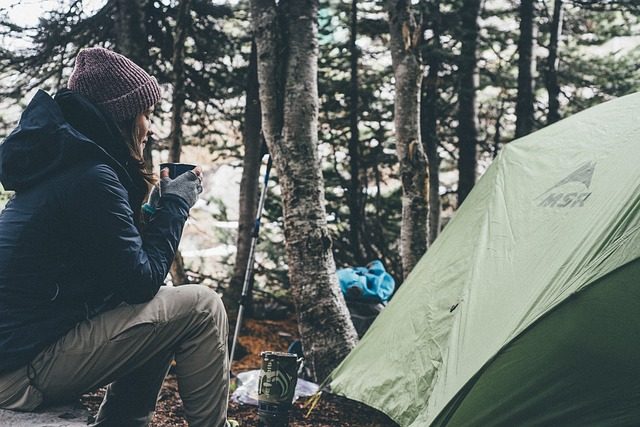
Insect repellents are a must, of course. There are lots of varieties that are effective – Citronella, Eucalyptus oil, etc. However, you should only need to use it a little if your skin is properly covered. You can spray the portions of your clothing near the skin, such as cuffs and headgear.
You may well have to experiment with different repellents so that you can find one that works for you.

Finally, remember some that insects, depending on where you are, can transmit unpleasant and even deadly diseases. Do some research when planning your trip so that you can gain some ocal knowledge, it could save you a lot of grief and go a long way to making sure you have a great time on your trip.
If you have any comments then please drop us a message on our Outdoor Revival Facebook page
If you have a good story to tell or blog let us know about it on our FB page, we’re also happy for article or review submissions, we’d love to hear from you.
We live in a beautiful world, get out there and enjoy it.
Outdoor Revival – Reconnecting us all with the Outdoors
